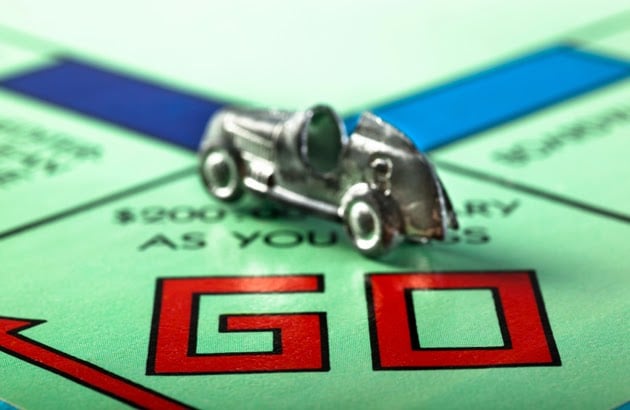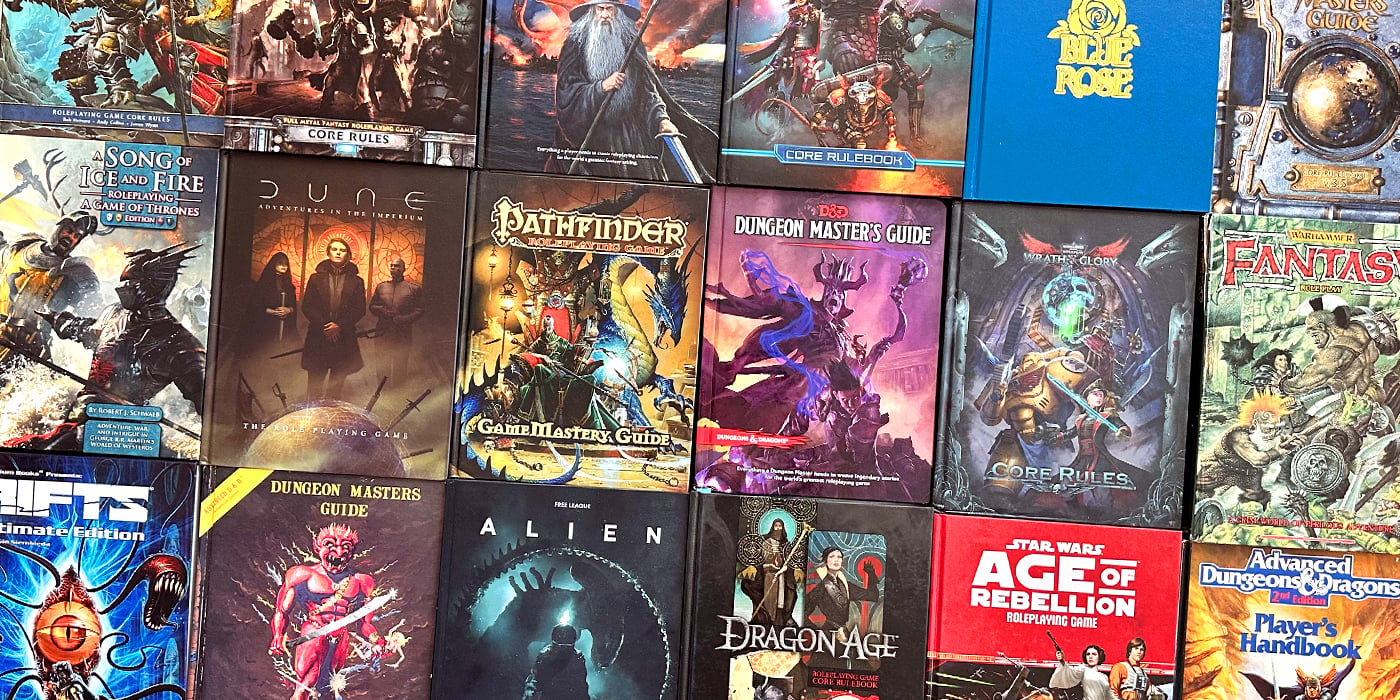Replacing Classic Board Games With Modern Alternatives
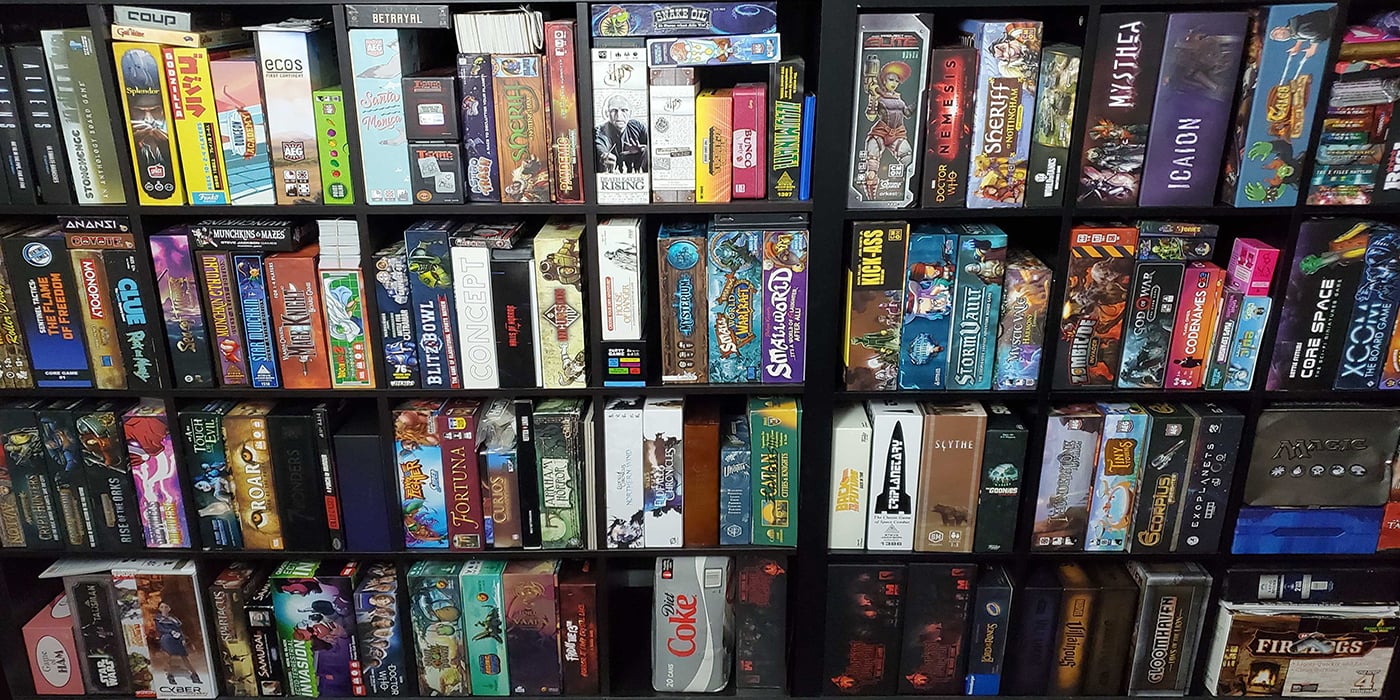

We all know people who are stuck with their “classic” board games. Here are some modern games similar to those classics, that might help ease that transition out of the dark ages.
For each of the games we’ll be looking at, we’ll be breaking down the mechanical components of that game and looking into why it appeals to people. Then, we’ll find some modern games that use those same mechanics that will scratch that same itch. There are plenty of alternatives for each of these games, so we’re going to go over my favorites. For sake of simplicity, we’re going to avoid making fun of the people who like these games. There simply isn’t enough time for it. I’m as upset about that as you are.
So, let’s-a go!
Monopoly
Monopoly is a game about finance, buying up properties and building those properties up. It has resource management (money) and area control (the properties) mechanics. (and purging Heretics)
The Appeal
People like Monopoly for a couple reasons. The main draw is that steamroll effect you get as the game goes more into the late game. Seeing your opponent wallow in poverty makes the financial sadist in all of us happy. It feels good to build your empire and see it grow and flourish and seeing the very direct effect that has on your opponent.
The Replacement: Power Grid
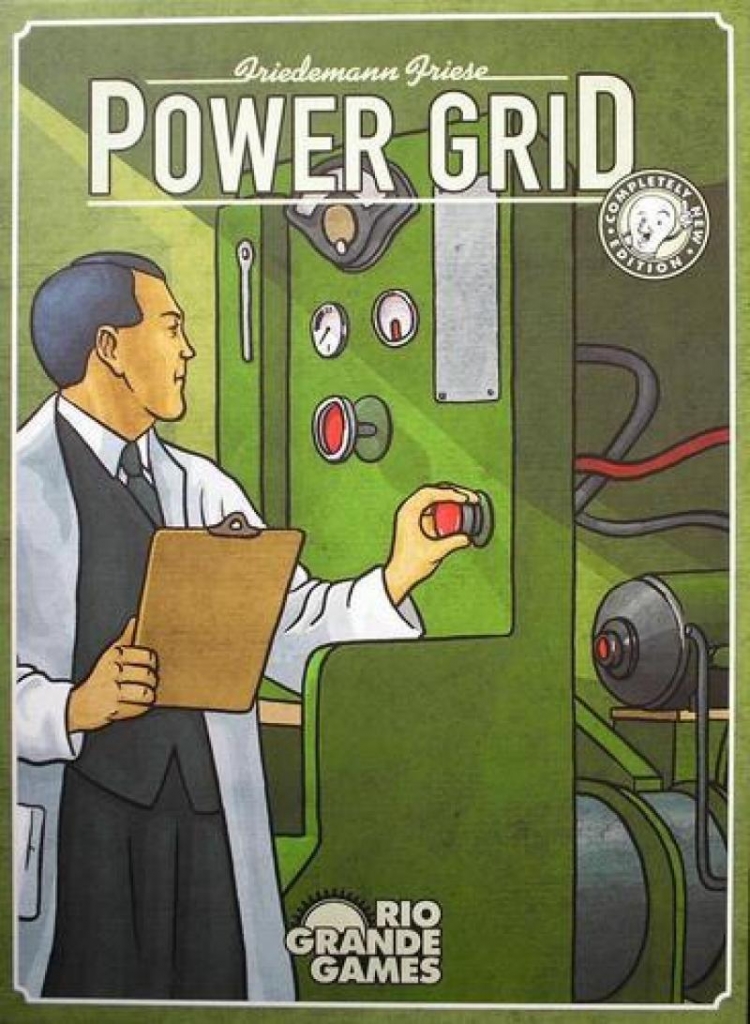
Power Grid is a game about building the best power grid for the cities on the map. It requires players to build a proper network as well as manage and upgrade their power plants and resources. The game hits a lot of the same key features as Monopoly does, but without the dreaded late game portion of monopoly where the losing player is waiting to finally die off. In Power Grid, players will be building their empire but have to use strategy and thinking ahead, versus just blindly buying up every property they can.
Clue
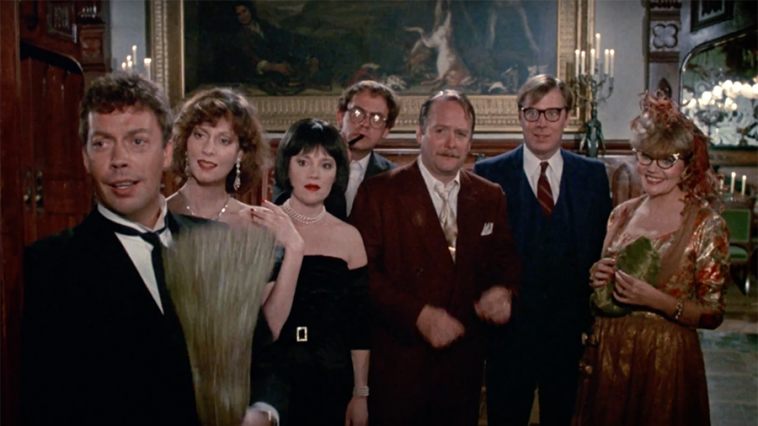
Clue is a deduction game which requires players to discover the killer during a dinner party. It’s main feature is the deduction mechanic, but unless you’re a pro, it’s mostly just eliminating possibilities until one option remains.
The Appeal
People like mysteries and puzzles. Trying to gather the clues and piece together the solution flexes the brain and makes you feel good when you get it right. It makes you feel clever as you start honing in on your solution. It’s even more fun when you take a total shot in the dark and find out your wild accusation was correct.
The Replacement: Alchemists
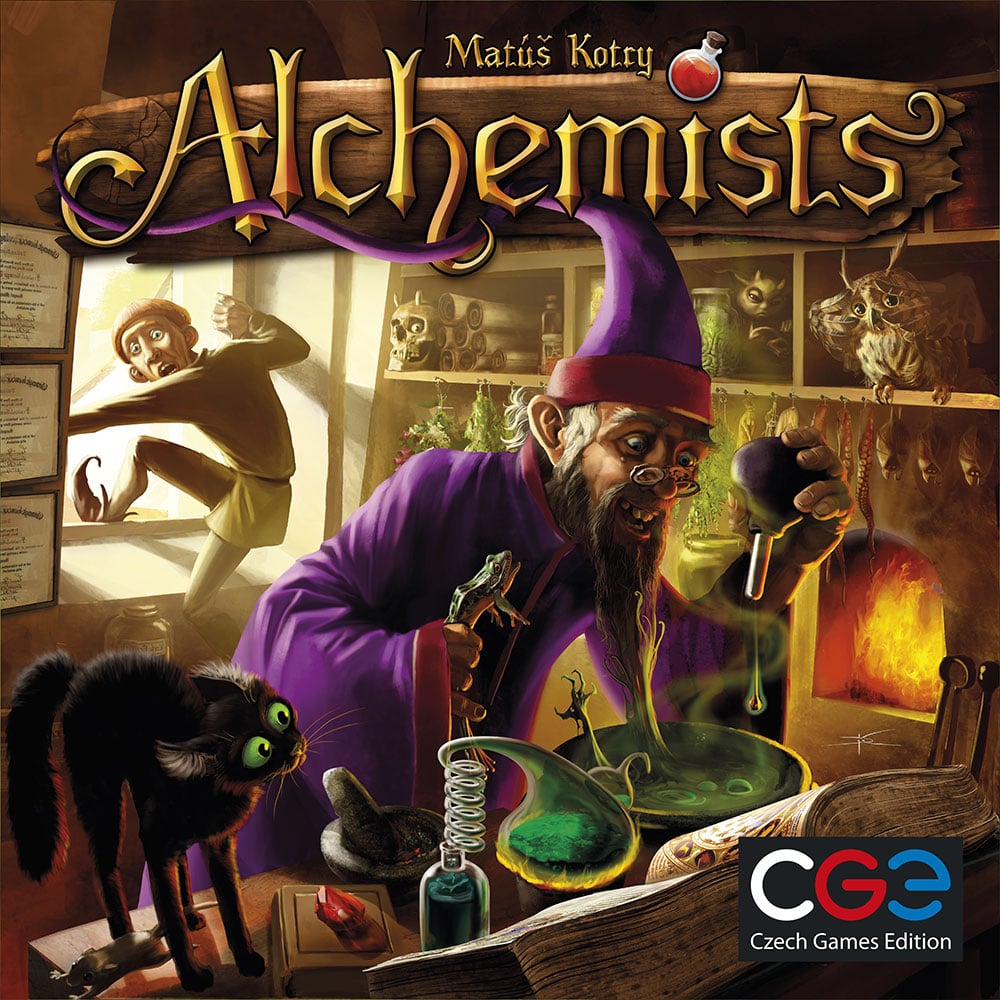
Alchemists is a game about brewing potions, publishing your findings and trying to make a quick buck. It has a pretty in-depth puzzling, logical deduction mechanic that is very similar to those logic puzzles you see floating around. However, rather than just learning which options aren’t part of the solution until you come to the solution, Alchemists requires some real logical deductions. It still allows for random guessing, and even encourages it. But finding out your gut feeling was spot-on is a glorious relief.
Yahtzee
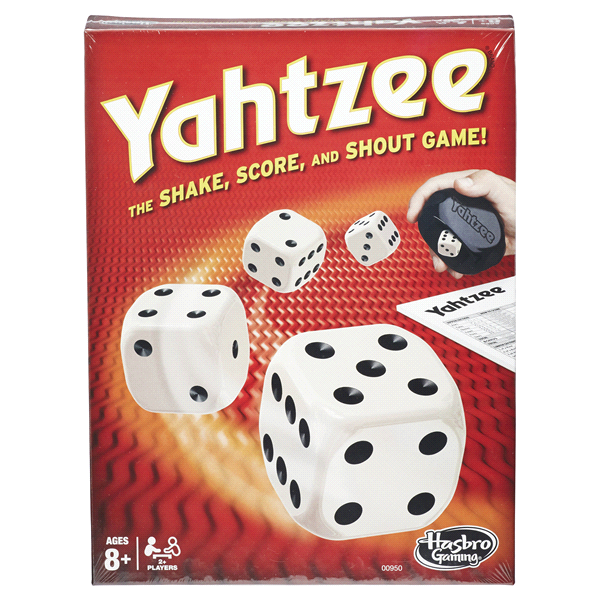
Yahtzee is a game about rolling dice and trying to find certain matches or sets. It’s perhaps the most iconic dice rolling game out there.
The Appeal
I don’t think I have to advertise the fun of rolling dice on a website that is primarily tuned to Warhammer. Still, people like Yahtzee for the rolling dice but also for that gambling feel. Rolling the dice and getting just what you wanted is a satisfying feeling. Plus, when you don’t get what you wanted, you can blame the dice. So it’s never your fault. But when you roll well, that’s your praise. You are the one who did the rolling, after all.
The Replacement: King of Tokyo
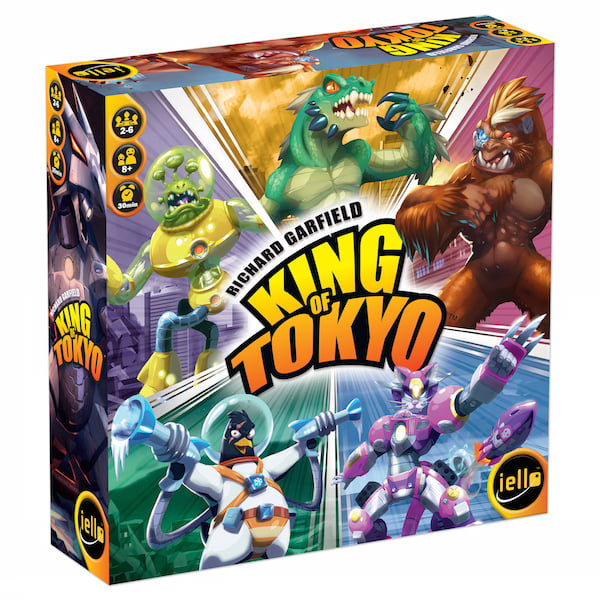
King of Tokyo is a game about monsters fighting monsters. At the core, it uses the same mechanics. Players roll a bunch of dice, reroll if they want, then use those dice to do the things they want. Rather than just hunting for matches and sets, thy use those dice rolls to take actions. There are more options than just “score points” like you have in Yahtzee. The game is super straight forward and easy to learn, but for the theme alone, it’s a great addition to any collection.
Sorry!
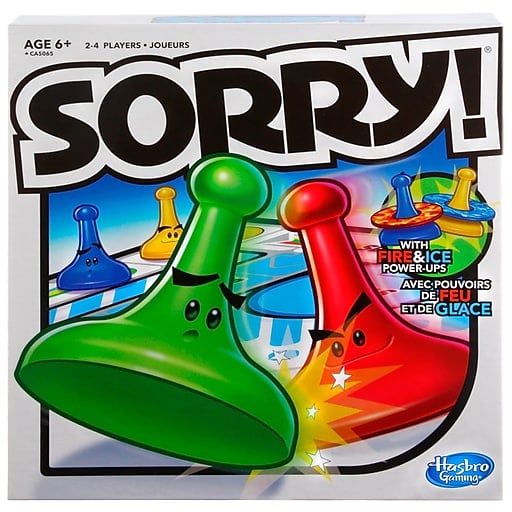
Sorry! is a simple, roll-to-move game whose main attraction is screwing over your opponent. The objective is to get your pieces around the board, but landing on an opponent’s piece sends it back to the start.
The Appeal
Competitive gamers love the ‘take-that’ mechanic in Sorry!. Seeing an opponent getting so close to victory only to have your actions directly inhibit their progress is a enjoyable level of mischievousness that few games embody as well as Sorry! does.
The Replacement: Tsuro
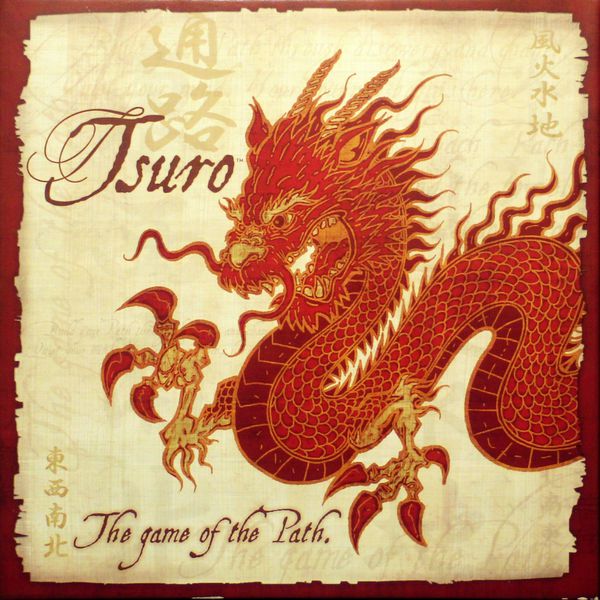
Tsuro is a game where players build paths using tiles and move their game piece along those paths, avoiding running off the edge of the board for as long as possible. Tsuro is kind of like an opposite version of Sorry!’s take-that mechanic. Rather than trying to directly screw over your opponent, you’re trying to set up a situation where they have no choice but to screw over themselves. It still scratches that itch of take-that, but without you needing to take as much of the blame.
Final Thoughts
There are thousands of board games out there. For every game you know and love, chances are there is a different game and plays similarly but with some improvements. So next time you find yourself cracking open that game you’ve played hundreds of times, maybe consider seeing what’s out there and out might just find another game to love just as much.
Thanks for reading!
What are your game replacement suggestions?

